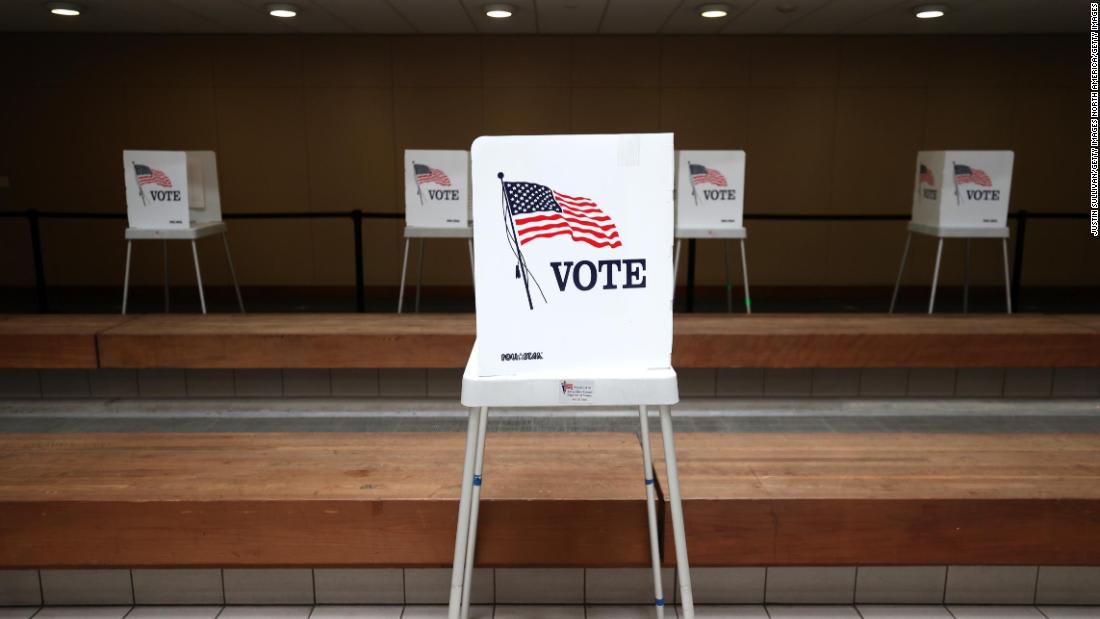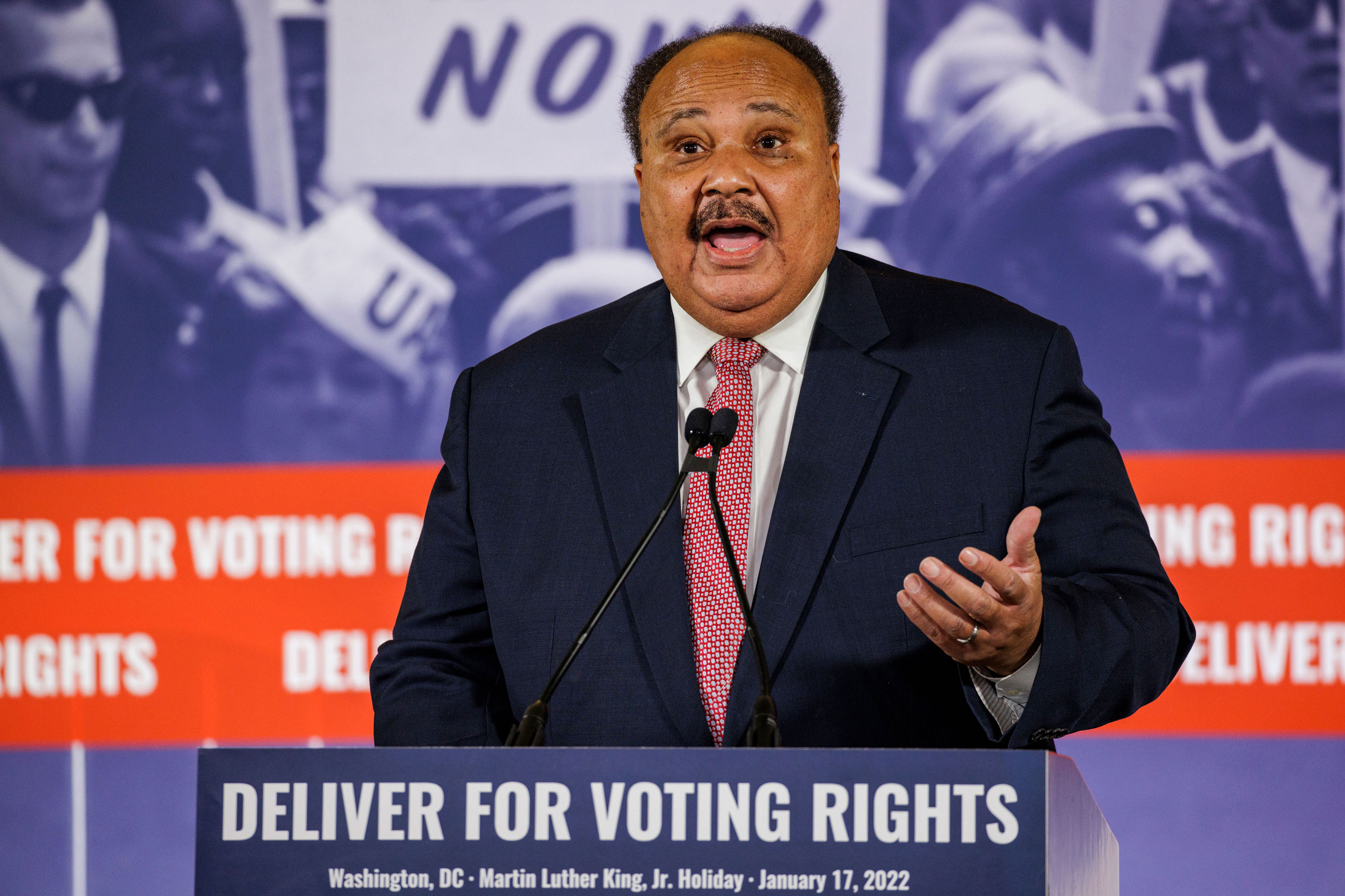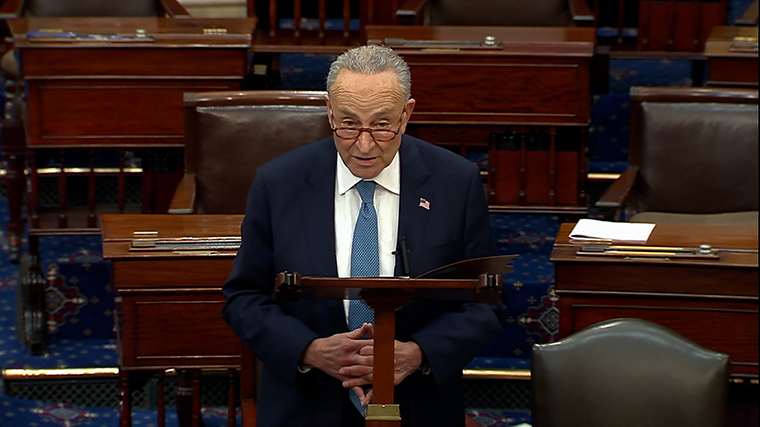Senate Democrats suffered a major defeat this evening in their efforts to pass voting rights legislation — a key issue for the party, which is under pressure to take action ahead of the midterm elections just months away.
Here are key things to know about what unfolded in the Senate today:
- Today's two votes: An attempt by Democrats to change filibuster rules in order to pass a voting bill failed amid opposition from moderate Democratic Sens. Joe Manchin and Kyrsten Sinema. The vote was 52-48, with the two moderates joining all GOP senators. After the vote failed, there was a loud round of applause from Republicans. Earlier in the day, the Senate failed to break a GOP filibuster on voting legislation that combines key provisions of two bills: the Freedom to Vote Act and the John Lewis Voting Rights Advancement Act. At least 10 Republicans would have needed to vote with Democrats to clear the 60-vote threshold to break a filibuster, which was not expected to happen amid widespread Republican opposition to the voting legislation.
- What the filibuster changes would have done: The proposed rules change — to allow for a "talking filibuster" on the legislation — would have forced lawmakers who want to filibuster the bill to come to the Senate floor and speak in opposition. Once those speeches come to an end, the Senate would be able to hold a simple majority vote for final passage. The move would effectively eliminate the 60-vote threshold set by the filibuster.
- Manchin and Sinema's position: Sinema released a statement Wednesday evening explaining why she opposed the change. The Arizona Democrat said that she maintained her longstanding opposition to "actions that would deepen our divisions and risk repeated radical reversals in federal policy, cementing uncertainty and further eroding confidence in our government." Manchin had said he would not vote to eliminate or weaken the filibuster. In a speech before the votes Wednesday evening, Manchin warned against partisan division and argued that lawmakers must seek compromise even if it is challenging to do so.
- What Republicans are saying: Senate Minority Leader Mitch McConnell on Wednesday defended the Senate's rule and said that Republicans would continue their track record of upholding the legislative filibuster, which he called the "essence of the Senate," the next time they're in the majority. "It's pretty safe to say this is the biggest day in the history of the Senate," McConnell said. The Kentucky Republican, without naming them, congratulated Manchin and Sinema for their "courage" and bearing in mind "that in the very near future the shoe might be on the other foot."
Read more about today's votes here.


